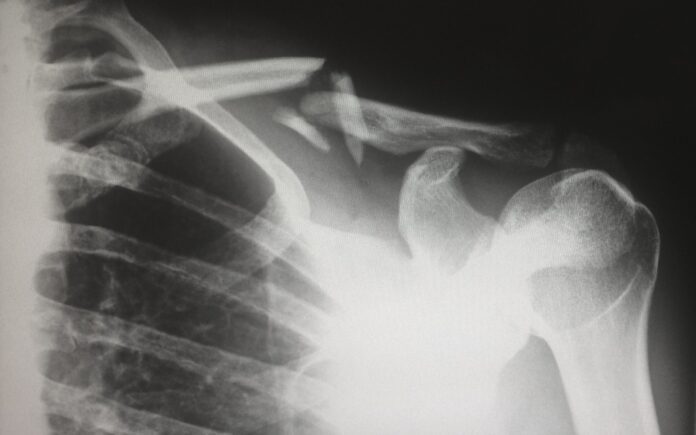Overview Of Majeed Syndrome
Majeed Syndrome is a rare condition characterized by recurrent episodes of fever and inflammation in the bones and skin.
One of the major features of Majeed syndrome is an inflammatory bone condition known as chronic recurrent multifocal osteomyelitis (CRMO). This condition causes recurrent episodes of pain and joint swelling beginning in infancy or early childhood. These symptoms persist into adulthood, although they may improve for short periods. CRMO can lead to complications such as slow growth and the development of joint deformities called contractures, which restrict the movement of certain joints.
Another feature of this syndrome is a blood disorder called congenital dyserythropoietic anemia. This disorder is one of many types of anemia, all of which involve a shortage of red blood cells. Without enough of these cells, the blood cannot carry an adequate supply of oxygen to the body’s tissues. The resulting symptoms can include tiredness (fatigue), weakness, pale skin, and shortness of breath. Complications of congenital dyserythropoietic anemia can range from mild to severe.
Most people with Majeed syndrome also develop inflammatory disorders of the skin, most often a condition known as Sweet syndrome. The symptoms of Sweet syndrome include fever and the development of painful bumps or blisters on the face, neck, back, and arms.
Commonly Associated With
chronic recurrent multifocal osteomyelitis, congenital dyserythropoietic anemia, and neutrophilic dermatosis, Sweet syndrome
Causes Of Majeed Syndrome
Majeed syndrome results from mutations in the LPIN2 gene. This gene provides instructions for making a protein called lipin-2. Researchers believe that this protein may play a role in the processing of fats (lipid metabolism). However, no lipid abnormalities have been found with Majeed syndrome. Lipin-2 also may be involved in controlling inflammation and in cell division.
Mutations in the LPIN2 gene alter the structure and function of lipin-2. It is unclear how these genetic changes lead to bone disease, anemia, and inflammation of the skin in people with Majeed syndrome.
Other
Majeed syndrome appears to be very rare; it has been reported in three families, all from the Middle East. This condition is inherited in an autosomal recessive pattern, which means both copies of the gene in each cell have mutations. The parents of an individual with an autosomal recessive condition each carry one copy of the mutated gene. Although carriers typically do not show signs and symptoms of the condition, some parents of children with Majeed syndrome have had an inflammatory skin disorder called psoriasis.



